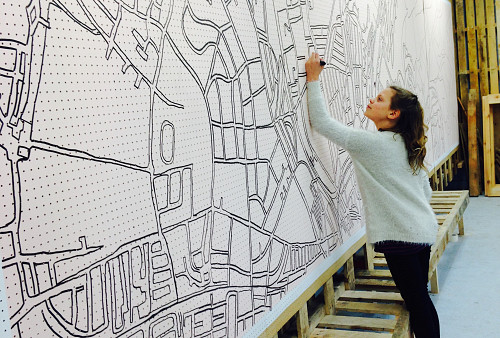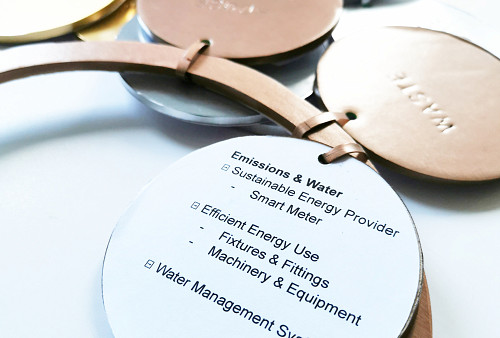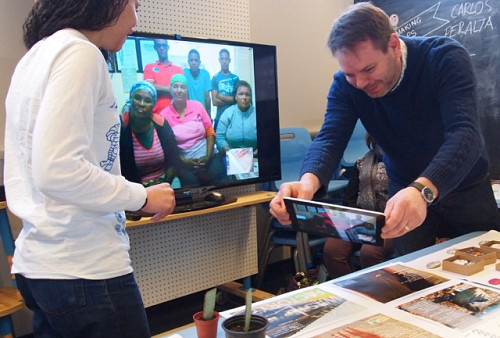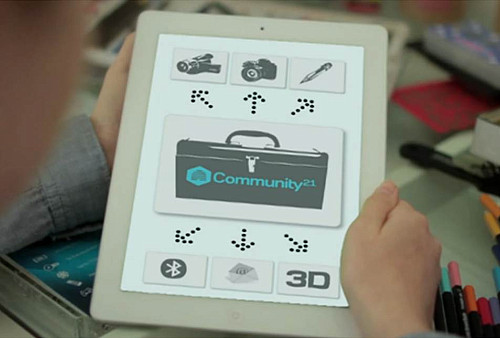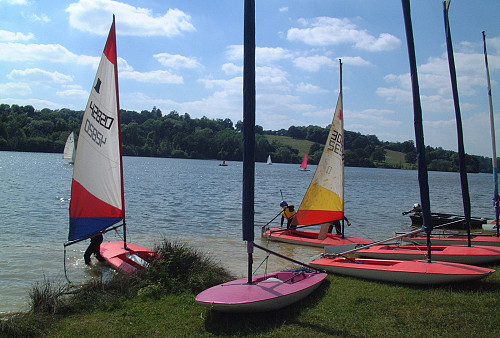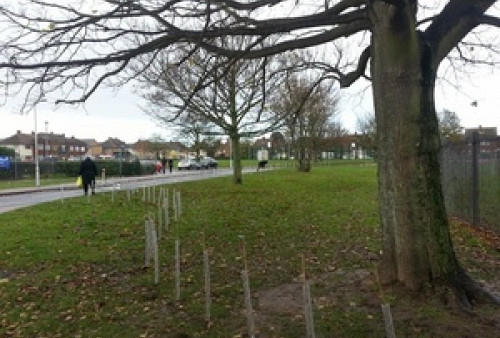Pulborough Neighbourhood Plan
Helpful Tips for Stage 1: Getting Started
Please click on the pink question mark for some useful guidance.
Task: What processes did you go through to commence on the development of a Neighbourhood Plan?
Help
Local Authorities have the duty to support your parish/town in preparing a plan. However, before you decide on a neighbourhood plan, consider the length of time and financial implications of producing one. The complexity of your plan will depend on what it is trying to achieve be it a single topic issues or a wide ranging. Your cost could also be impacted by the size of your population when it comes to surveys and community engagement activities.
The first formal stage of preparing a neighbourhood plan is to get your parish/town/area designated. Your community can begin to identify their issues and concerns as well as aspirations before you become a fully designated area. However, in the case of funding, your community will not be eligible to apply until you become formally designated as neighbourhood plan area.
Local Planning History
Task: Provide information on previous community led plan exercises carried out and provide examples such as parish plan, village deign statements, village appraisals etc
Designation, Steering Group and Governance
Task: How did you form your steering group and other groups to help undertake the plan? Problems encountered and lessons learnt.
Helpful Tips for Stage 2: Community Engagement
Helpful Tips: Please click on the pink question mark for some useful guidance.
Task: Provide information on the community engagement activities undertaken, open days, public events, workshops etc. provide pictures.
Help
Your Neighbourhood Plan offers you several advantages and opportunities to influence and control development in your area. They are led by the parish and town councils and involve engaging with all residents, community groups and service providers serving your community. The plan will have to be accepted by the community through a referendum hence the crucial element of getting them on board and informing them of progress throughout the process.
Engage with all organisations, departments, local partners and residents to improve dialogue and negotiations which could help with the future development and implementation of your plan policies and proposals.
Community Data and Local Evidence
Task: Provide information on survey results, statistics and all relevant evidence gathered to support your plan
Helpful Tips for Stage 3: Pre-Submission Plan and Draft SEA
Helpful Tips: Please click on the pink question mark for some useful guidance.
Help
Understand the purpose, discuss and agree the key principles of the Plan, including housing numbers, locations and types and other land use and infrastructure proposals.
Draft Plan including a summary of the ‘State of the Parish’ report, the Plan objectives (including the measures by which its success will be judged in due course), the proposed land use allocations, the proposed Planning policies, the proposed infrastructure investments and a delivery Plan. Prepare draft SEA, comprising a schedule of sustainability objectives and show how each specific proposal measures up against each relevant objective. Where negative sustainability impacts are identified, to indicate how such impacts may be mitigated
Regulation 14 Consultation
Carry out the statutory minimum six weeks public consultation. The Pre Submission Plan and its associated documents such as the draft SEA and Community Right To Build Orders (CRTBO) if being undertaken should be made available electronically via websites as well as in hard copies at vantage locations across the parish/town. Hold drop in session with residents to answer queries and explain reasons for proposed policies.
Collect and log the representations made during the consultation exercise. The Steering Group to the review each representation and propose an appropriate response (either agree and amend or disagree) in a single schedule.
Pre-Submission Plan Process
Task: Indicate or outline the process undertaken to inform the drafting of plan (i.e. planning workshop, landowners presentations, etc). Provide pictures if any
Pre-Submission Plan and Associated Documents
Task: Provide a link to or upload the pre-submission (draft) plan and draft SEA (if required) to be consulted on
Helpful Tips for Stage 4: Submission Plan and Associated Documents
Helpful Tips: Please click on the pink question mark for some useful guidance.
Help
Your final plan which is the Submission Plan must be submitted with other documents required by the neighbourhood plan regulations. These are:
The Basic Conditions Statement, The Strategic Environment Assessment (SEA), The Habitats Regulations Assessment (HRA) if required and The Consultation Statement
Representation and Responses to Pre Submission Plan
Task: Outcome of your regulation 14 consultation activity and any changes or modifications to be made or made.
Submission Plan and Associated Documents
Task: Provide a link to or upload the submission (final) plan and final SEA (if required) a well as all other relevant documents such as the basic conditions statement and consultation statement
Helpful Tips for Stage 5: Bringing Plan into Force
Helpful Tips: Please click on the pink question mark for some useful guidance
Help
Once the final plan is submitted to the Local Planning Authority (LPA) with all the associated documents, it becomes the responsibility of the LPA. The LPA will once satisfied with the plan and all the documents submitted will proceed to publish them for a further six weeks consultation known as the Regulation 16 Consultation. During this period, the LPA will work with the parish or town council to appoint an examiner who will independently examine your plan and all the documents submitted. Some Local Planning Authorities may choose to agree and select the preferred examiner with the parish or town council before the final documents are even submitted.
Regulation 16 Consultation and Independent Examination
